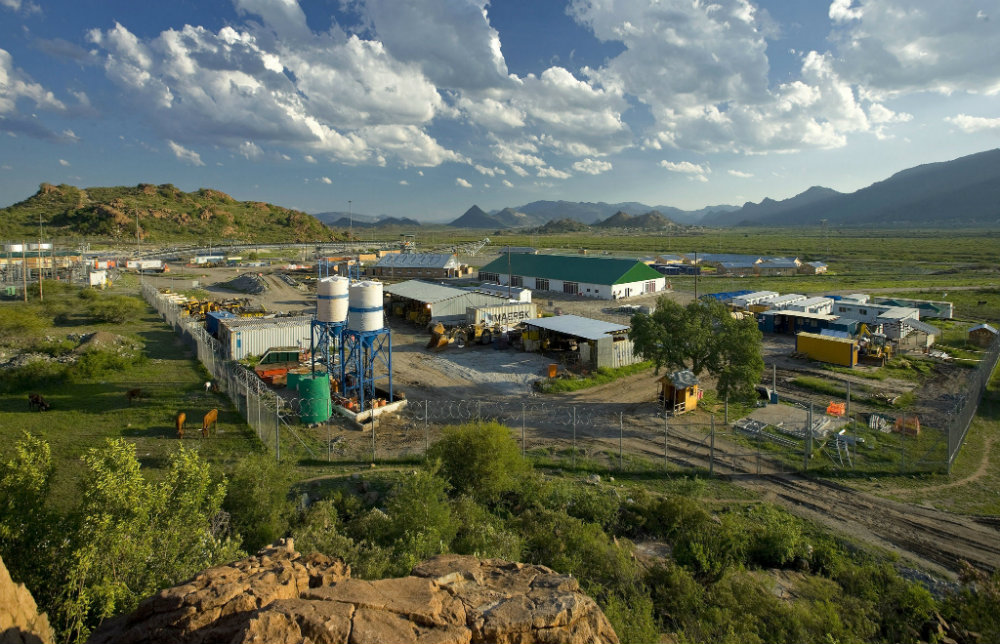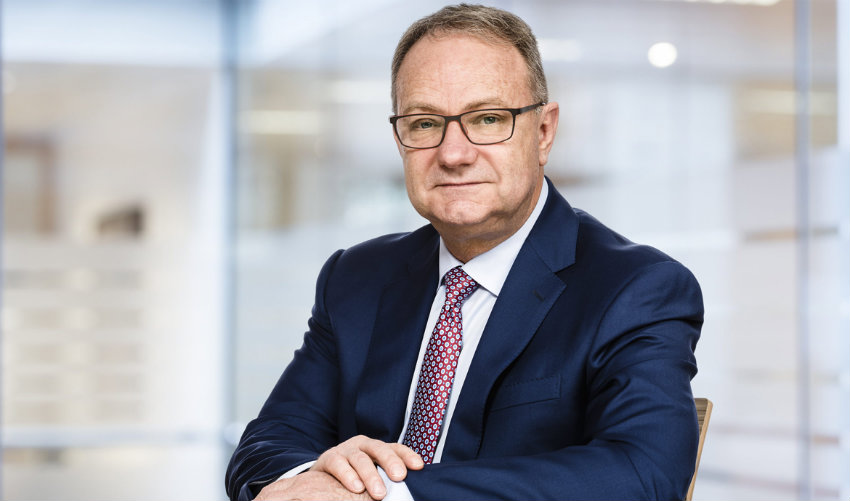Q&A with Mark Cutifani, CEO Anglo American.
How important is the relationship with local communities where Anglo American is present?
We always have constructive and honest conversations with local communities whenever we need to introduce changes. We always ask them what they would like the future to be for their children and how we might play a role in creating that future. By starting the conversation there, it is much easier to talk about how we can work together. Communities are better-informed and better-educated nowadays and their expectations are much higher.

If you do not have a good relationship or partnership with local communities, you can probably add 10 to 15% to your cost base. If you do not connect with communities, any development will be challenged. In the mining industry, if you cannot get access to the land, you cannot get access to the resources. Having good relationships with your partners and local communities is imperative.
“For Anglo American, local communities are absolutely critical. If you cannot work with them, they threaten the viability of the business. You have to give them something that is worthwhile and long-lasting.”
Mark Cutifani, CEO, Anglo American
How can mining companies increase value for local communities and contribute to the new UN Sustainable Development Goals?
We can improve safety and health for example. Anglo American was the first company in South Africa to introduce HIV testing and antiretroviral medication for all of its employees which was then extended to their families.
We also want to reduce our footprint and help communities get the best from their environment by minimizing the areas in which we operate. Mining operations take up less than 1% of the Earth’s surface yet the products have more than doubled the productivity of agricultural land, for example.

How are technology and innovation improving Anglo American’s productivity?
We have decreased our mining assets by 35% although our overall production level has increased because we have focused on our best assets. In order to replicate this improvement in the next five years, technology and innovation will be key. Automation and robotics will also play a part in this, however, we are not single-mindedly focused on robotics as we recognize the importance of jobs in the communities where we are present.
“We need to take into account the social impact that comes with new technology and innovation.”
Mark Cutifani, CEO, Anglo American
The benefits of robotics should be with regards to safety and the improved precision of processes. We need to be careful where robotics impact labor. We are much more sensitive to the issue of robotics replacing labor than we are with regards to other operational efficiency processes.
Why has the mining industry lagged behind other sectors with regards to investing in innovation?
The degree of innovation is inversely proportional to the quality of the geology of the deposit. In general, the mines with the best ore bodies are the least innovative while the leading-edge innovators have the worst geology: they must innovate to compete. Unfortunately, mines with the lower-quality deposits have the least amount of money to invest in innovation.
As a platinum producer, fuel cell technology for hydrogen cars is a major opportunity for Anglo American. What are you doing to fund the development of this technology?
We have invested around $60 million in venture capital opportunities that are looking at the application of new technologies for platinum in hydrogen fuel cell vehicles. We want to extend this fund and commit around $100 million along with other investment partners. We then plan to connect that to Toyota and Hyundai in looking at developing new technologies for fuel cells.

The advantage of these technologies is that you get a much longer range and greater flexibility. There are new technologies being developed that allow hydrogen to be carried along with benzene so that people fuel their car in a way they are used to. If this technology can be implemented, the basic infrastructure used to fuel ‘regular’ automobiles will already be in place for hydrogen. This would be a massive step change. As the owner of the world’s largest platinum resources, focusing on these technologies and being supportive of these game-changing developments presents an opportunity for us to boost product demand. We are the leading mining company in terms of investing or encouraging investment in new technologies. Fuel cells are one example of that.
What can you tell us more about the FutureSmartTM Open Forums?
FutureSmart™ Open Forums is an open innovation platform that brings together experts from academia, the mining industry, and other industries in order to address global issues related to operational efficiency, energy, water and safety all in the pursuit of more sustainable mining practices.
The basic technologies in mining have not changed for 50 years. We need to look at the smart opportunities and see how we can do things differently. We need to be exposed to new technologies and understand which are the transformative ones and how to apply them.
What is your biggest concern right now?
One cannot be complacent. In the past two years, we cut costs by 36%. We are much better prepared today and in 12 months’ time we will be even more resilient. Right now, we are looking at structuring our business model so that we can be responsive to the market and continue to put our investments into the right places. Over the last 12 months, it became clear that people’s confidence in the underlying quality of the business is improving, and that there will always be more to do![]()









